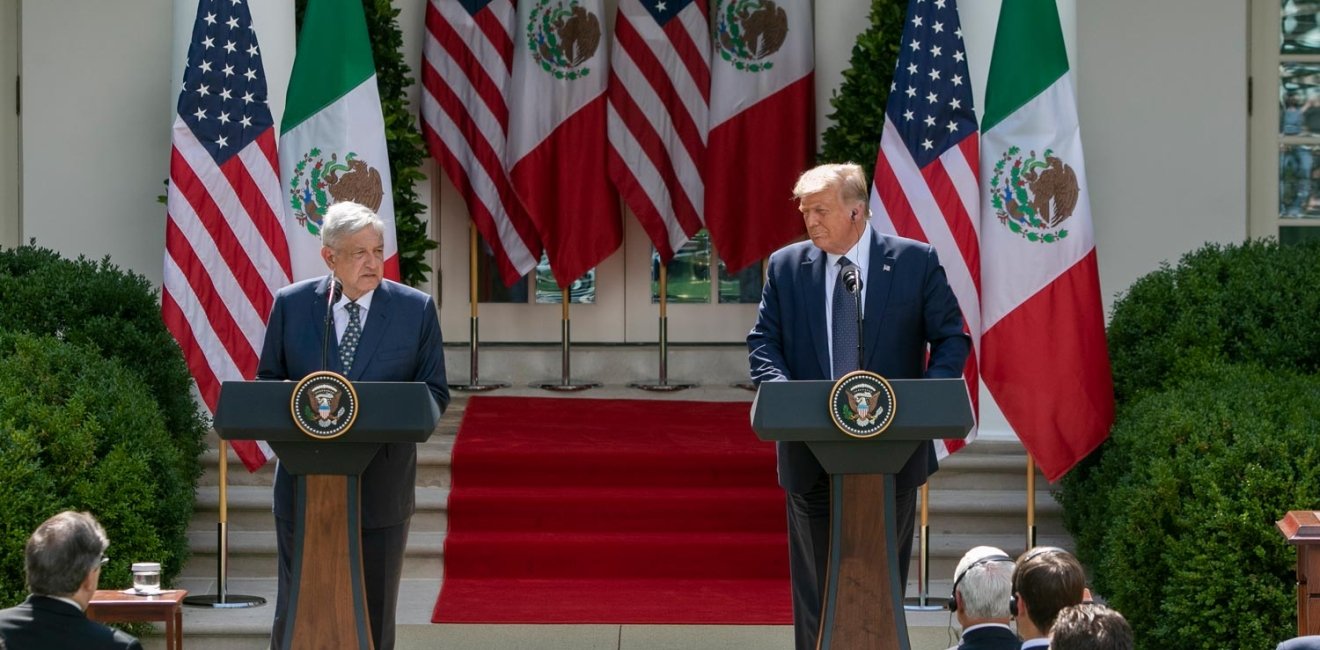Mexico and the United States have an outdated framework for public security cooperation, with immense costs on both sides of the border.
For more than a decade, cross-border criminal activity has contributed to tens of thousands of homicides in Mexico and tens of thousands of U.S. drug overdose deaths each year, with all the social and economic burdens that accompany those deaths.
There is an urgent need for the U.S. and Mexican governments to forge an updated, comprehensive strategy to disrupt and diminish transnational organized crime; build capacity of law enforcement and justice institutions; agree on focused crime prevention programs that produce better results for both countries; and establish effective, durable mechanisms to guide this strategy. They also need to actively explore innovative ways to attack the enduring problems that are overwhelming capacity in both countries.
Twelve former U.S. and Mexican ambassadors have reached broad agreement on this approach in a new report, “A Vision for a Stronger U.S.-Mexico Partnership,” sponsored by the U.S.-Mexico Foundation and the Woodrow Wilson Center’s Mexico Institute.
The report reflects the ambassadors’ recommendations for stronger U.S.-Mexico partnership across economic, security, border and migration issues. Of these, I have no doubt that failing to act on public security will be enormously costly.
Author

Former Career Ambassador to Afghanistan, Argentina, and Mexico; Distinguished Diplomat in Residence, School of International Service, American University

Mexico Institute
The Mexico Institute seeks to improve understanding, communication, and cooperation between Mexico and the United States by promoting original research, encouraging public discussion, and proposing policy options for enhancing the bilateral relationship. A binational Advisory Board, chaired by Luis Téllez and Earl Anthony Wayne, oversees the work of the Mexico Institute. Read more

Explore More
Browse Insights & Analysis
The OSCE is a Good Value for America



